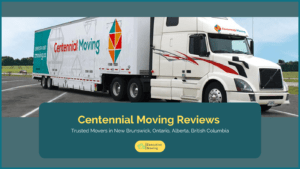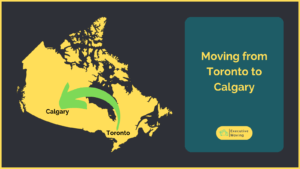
Essential Checklist for Moving to British Columbia from Another Province
Essential Checklist for Moving to British Columbia from Another Province Moving to a new province can feel like embarking on an epic journey, filled with both excitement and a fair share of stress. When the destination is British Columbia (BC), the process requires careful planning and organization to ensure a











